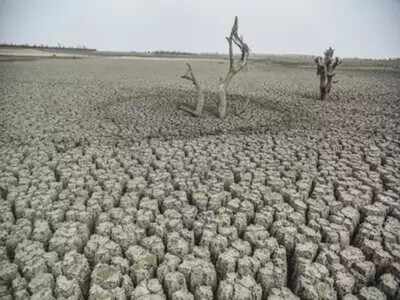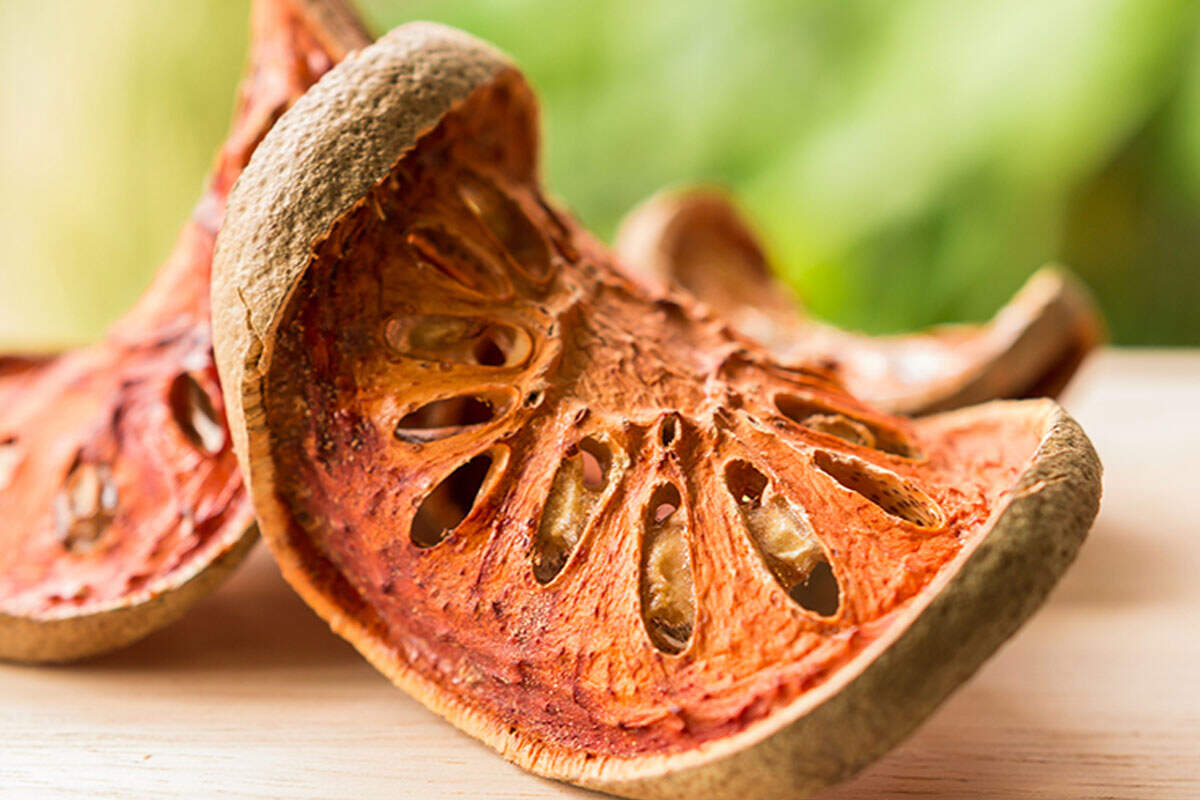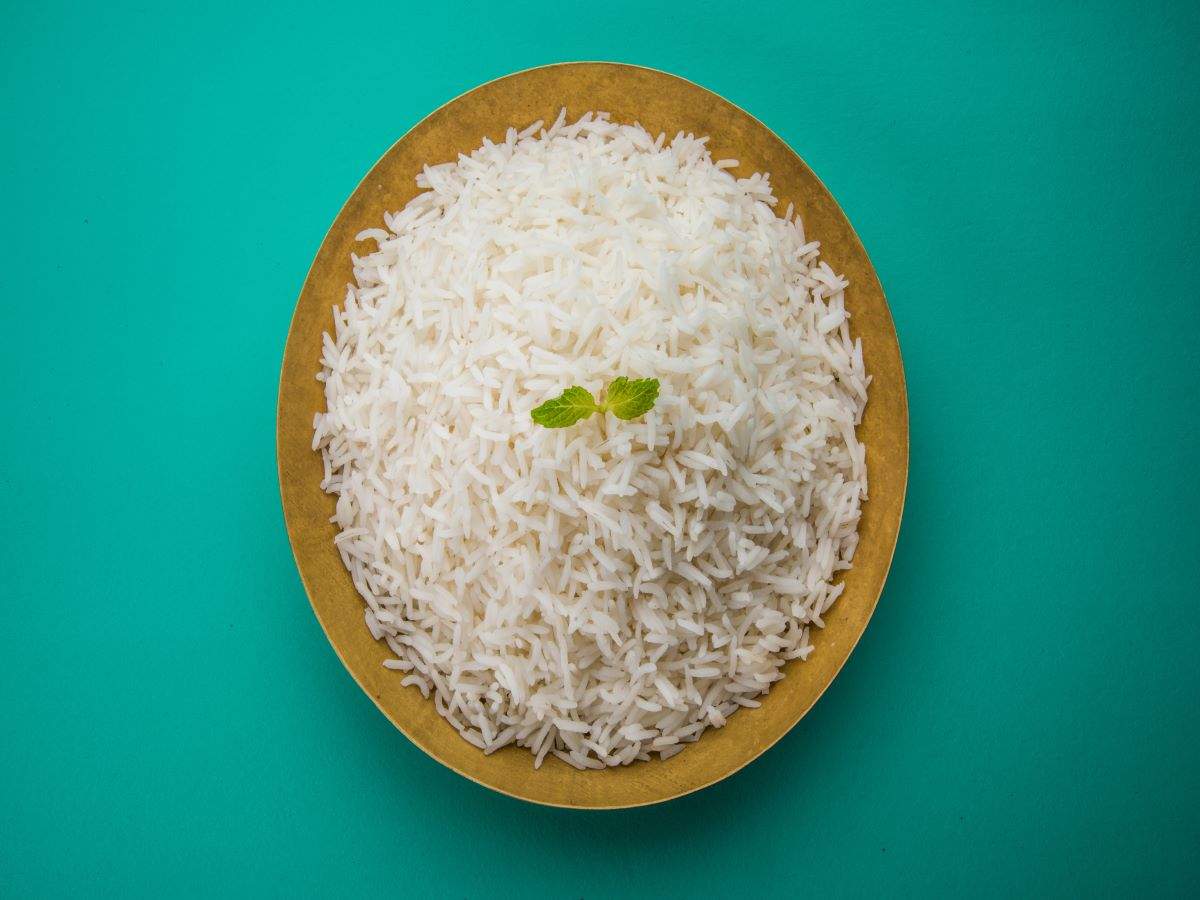
NEW DELHI: Expressing concern over delay in sowing due to deficient rains, the Centre on Monday said it had been in touch with states to jointly tackle “any drought-like situation” and urged state agriculture ministers to quickly adopt agri-market reforms, increase footprints of Kisan Credit Cards (KCCs) and share details of beneficiaries under ‘assured income support’ scheme (PM-Kisan) by July 31.
“Delay in sowing of Kharif (summer sown) crops is a cause of concern. There is, however, still time for farmers to complete sowing operations. We are in touch if there is any drought-like situation, we (Centre and states) will work together,” said Union agriculture minister Narendra Singh Tomar on the sidelines of the state agriculture ministers’ conference here.
Asked whether decline in sowing area would impact Kharif crop production, Tomar said it was too early to comment.
Area under Kharif crops has declined by 27% to 234 lakh hectares till last week of the ongoing sowing season as against around 320 lakh hectares during the corresponding period last year.
Referring to the PM-Kisan scheme under which Rs 87,000 crore will directly go to farmers’ bank accounts, Tomar said, “It is the states’ responsibility to ensure that the benefit under this scheme reaches to all eligible farmers.”
As many as 3.56 crore farmers have got the first instalment, totalling Rs 7,120 crore and 3.10 crore farmers have received the second instalment totalling Rs 6,215 crore till July 5. The Centre had last month urged all states and UTs to share list of beneficiaries by July 31 so that farmers do not miss their April-July instalment of Rs 2,000.
The states and UTs together have, so far, shared details of only 43% of total around 14.50 crore potential beneficiaries and only 60% of those have actually received money. West Bengal has not even joined this scheme while Bihar has only given data of 8.38 lakh farmers out of estimated 1.63 crore potential beneficiaries.
“If states also start worrying about farmers, we will be in a position to help them in improving income,” Tomar said in the context of pending agri-market reforms under APMC Acts as suggested by the Centre during the Prime Minister Narendra Modi’s first term.
He said there is need to reduce input costs of farmers, eliminate market intermediaries, strengthen e-NAM (electronic-National Agriculture Market) and promote farm exports to achieve the target of doubling farmers’ income by 2022.
“Delay in sowing of Kharif (summer sown) crops is a cause of concern. There is, however, still time for farmers to complete sowing operations. We are in touch if there is any drought-like situation, we (Centre and states) will work together,” said Union agriculture minister Narendra Singh Tomar on the sidelines of the state agriculture ministers’ conference here.
Asked whether decline in sowing area would impact Kharif crop production, Tomar said it was too early to comment.
Area under Kharif crops has declined by 27% to 234 lakh hectares till last week of the ongoing sowing season as against around 320 lakh hectares during the corresponding period last year.
Referring to the PM-Kisan scheme under which Rs 87,000 crore will directly go to farmers’ bank accounts, Tomar said, “It is the states’ responsibility to ensure that the benefit under this scheme reaches to all eligible farmers.”
As many as 3.56 crore farmers have got the first instalment, totalling Rs 7,120 crore and 3.10 crore farmers have received the second instalment totalling Rs 6,215 crore till July 5. The Centre had last month urged all states and UTs to share list of beneficiaries by July 31 so that farmers do not miss their April-July instalment of Rs 2,000.
The states and UTs together have, so far, shared details of only 43% of total around 14.50 crore potential beneficiaries and only 60% of those have actually received money. West Bengal has not even joined this scheme while Bihar has only given data of 8.38 lakh farmers out of estimated 1.63 crore potential beneficiaries.
“If states also start worrying about farmers, we will be in a position to help them in improving income,” Tomar said in the context of pending agri-market reforms under APMC Acts as suggested by the Centre during the Prime Minister Narendra Modi’s first term.
He said there is need to reduce input costs of farmers, eliminate market intermediaries, strengthen e-NAM (electronic-National Agriculture Market) and promote farm exports to achieve the target of doubling farmers’ income by 2022.
Download The Times of India News App for Latest India News.
more from times of india news
World Cup 2019
Trending Topics
LATEST VIDEOS
More from TOI
Navbharat Times
Featured Today in Travel
Quick Links
Rajasthan election 2019Andhra Lok Sabha electionGujarat Election 2019Karnataka Election 2019MP Lok Sabha electionMaharashtra election 2019West Bengal Lok SabhaTamil Nadu election 2019UP Election 2019Bihar election 2019UP Election DateAndhra Election DateBihar Election DateAndhra Assembly ElectionLok SabhaMP Election DateMaharashtra Election DateShiv SenaYSRCPTDPWB Election DateJDUCongressBJP newsGujarat Election DateSC ST ActUIDAIIndian ArmyISRO newsSupreme CourtRajasthan Election DateTelangana Election DateTamilrockers 2018Uttarakhand newsSikkim newsOrrisa newsKarnataka Election DateNagaland newsSatta KingManipur newsMeghalaya news
Get the app









